Haidar explains how he and his wife transitioned from professional careers to become Florida's first sake brewers. Learn about the unique Japanese concept behind their brand, the challenges of pioneering a new beverage market in Miami, and the exciting pop-up plans they have to bring their sake and community back to life. We at OysterLink recently sat down with Haidar to talk about his journey and the hospitality sector in Miami.
Please introduce yourself and tell us a bit about your career path
Haidar Hachem: My name is Haidar Hashim. I am born and raised right here in Miami, Florida. My family is Lebanese, so I have a Lebanese background. And my wife, who is the other owner of Shojo, is Nicaraguan. Her name is Marilyn, and she's also born and raised here in Miami.
Before we even jumped into food and Bev Marilyn was actually a doctor, and I'm a civil engineer. We left those jobs behind to pursue, you know, something we were more passionate about.
And we started Shojo in 2020, you know, the best time to start a new business. And at that point we were just doing beer. So we were brewing beer, and we didn't have a brick-and-mortar at that point. We were just doing contract brewing, which is essentially renting space at another facility and making our own beer. And then we were distributing our beer to California, New York, Maine, Virginia, Washington, DC, and all around Florida. And then we were doing that for several years.
And then, in 2023, we opened our brick-and-mortar Shojo's Dojo. So, we ended up becoming Florida's first and only sake brewery and bar. So we had expanded our coverage from just beer to beer and sake. And we were doing great. I mean, we're still doing great, but in August of 2023, we had to leave the warehouse we were in because our landlord essentially kicked us out. They're demolishing the warehouses and building apartments. So, you know, typical Miami!
And we had a little break but we are still brewing. We're gonna be brewing at Grain and Still Brewery in Doral, and we're opening our new taproom. Well, I say our new taproom, but we're doing a pop-up. We're gonna be doing a pop-up and you're actually one of the first people to know. It's gonna be in Coral Gables at Threefold Cafe. So during the day it's Threefold Cafe and then at night we're gonna be taking over.
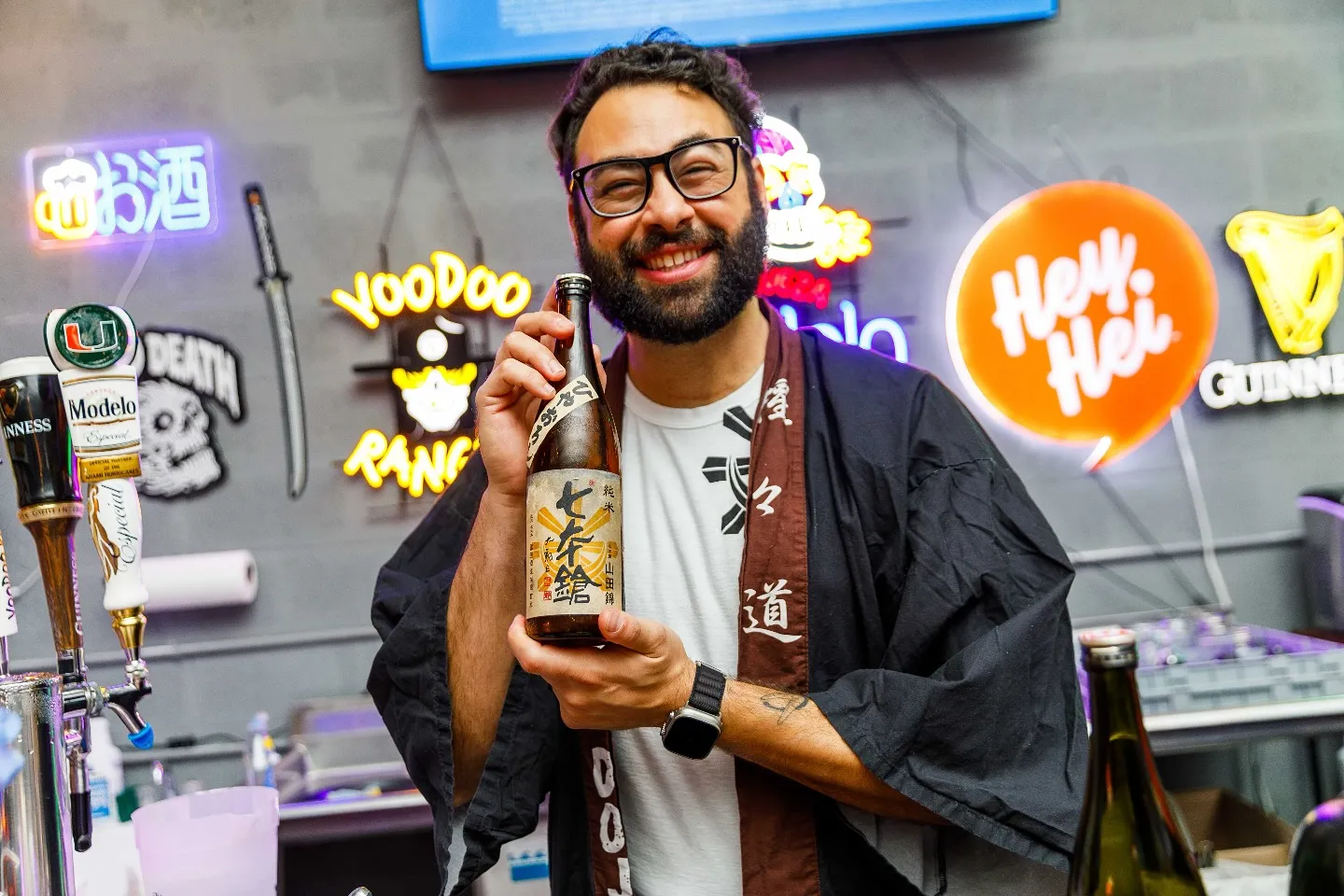
But what gets a doctor and an engineer to move to brewing beer, and then brewing sake? I know that you accomplished the title of a Master of Sake! What changed? What happened?
Haidar Hachem: So, when Marilyn left being a doctor behind, that was before I went to brew; she was set to start her career as a doctor, but she just wasn't passionate about it anymore. And she wanted to pursue a career in digital marketing. So while I still had my civil engineering career, I took care of us as a whole. And then she started doing her digital marketing, and then she got more and more clients, little by little. And then, when we were both doing really well, she in digital marketing and I in engineering, I was approached by my former boss, John Falco, to become the brewer at Strange Beast, a brewpub and pizzeria here in Miami. And I was part of the opening staff.
I didn't want to leave that question for later in life, like, what if I took that job? So I just said, screw it. And I jumped into brewing.
And then in 2020, I completely left the engineering behind and then started pursuing brewing. And Marilyn was taking care of our digital marketing at that point. And honestly, it was just a passion. It was something that we were both passionate and excited about. And I mean, as everybody else in Food and Bef knows, it is a very hard, very rough career choice and path to take.
How did you become the first sake brewer brewery in Florida?
Haidar Hachem: So we're still brewing beer, but we've fallen into sake like I did with beer originally, where you know I just loved beer and drinking different styles of beer and learning about beer. So then I just, you know, like, my engineering brain kind of kicked in; why don't you try brewing it? So that's kind of like I was already doing that with beer, and then it hit me off with sake as well.
I started learning about the different styles, prefectures, and breweries. And then I really, really dove headfirst into sake. And what's different about sake and beer is that, like beer, you can look it up online and find a treasure trove of information on brewing and all that stuff. Sake, not so much. I actually learned about how to brew sake through reading first. And then it was just kind of a trial-and-error type.
Good beer is hard to brew, but good sake is like a hundred times harder.
But we really got lucky in the sense that I brewed my first batch of sake, and then when it was ready to drink, we opened up our brick-and-mortar. So it was just by coincidence that it happened like that. So we got to do a sake-breaking ceremony at our grand opening of Shojo's Dojo.
You went to Japan and achieved the Master of Sake title
Haidar Hachem: I actually became the sixth in the world to do so, and right now there are seven. I was living in Tamba, Hyogo, which is like a rural countryside part of Japan. And I was working out of Kotsuzumi. The brand name is Kotsuzumi, the family name is Nishiyama Brewery. And I was living there for several months, like, you know, living, breathing, eating and drinking a lot of sake. And after I had completed my internship there, I received the title of Master of Sake.
I'm really excited about this. So that was last year when I got my master's in sake, but we actually went back to Japan this year, and we just got back a couple of weeks ago. With beer brewing, like, you hear about collaborations between breweries —you know, there's like three or four a day, right? There's like a bunch happening all the time. With sake breweries, it's not very common. But I became so close. I mean, they're essentially, they are my family now with the brewery that I worked at in Japan. Actually, Shojo and Kotozumi, we did a sake collaboration, and it's currently fermenting. And we are going to be importing it into the States.
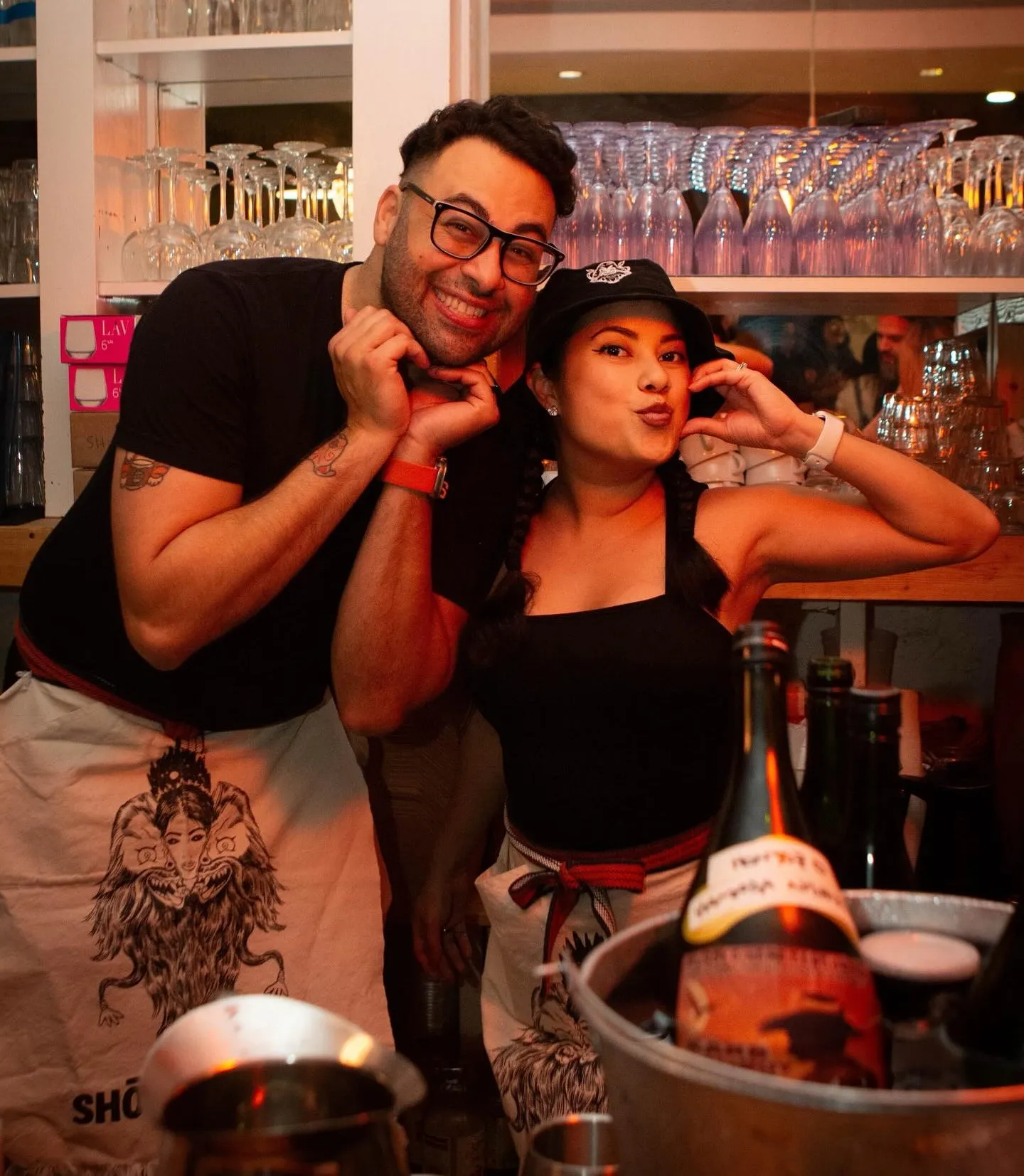
And how about the new spot? How is it going?
Haidar Hachem: It's good, the Threefold Cafe is already there! They're killing it! You know they're doing the their thing. It's that we don't have to do a build-out or anything. We're essentially going to be an activation in that space because they close in the afternoon, and then we're going to take over at night. And that's going to be for now at least Thursday to Sunday from like 6 or 7 to like.
What’s your advice to someone considering opening their own spot in Miami these days, like in hospitality?
Haidar Hachem: Look, I would say, especially because Miami is such a hotbed of different cultures and, you know, a mix of both tourists and locals. If you're going to open a spot in Miami, make sure you see the community that of the area that you decide that you wanna open in, Like don't just choose South Beach or don't choose Brickle because you hear about these places, honestly, even Wynwood because Wynwood is a very much different place than what it used to be a couple of years ago.
Come to Miami, live in Miami for a little bit, go to different neighborhoods, check out the, especially for the concept you wanna open, right? Like, don't just open another sushi spot or another Thai place or another Chinese spot, you know what I mean?
Like come in, know the community. And if you are going to open a place, even if you do have investor money, open one with personality, because, as we all know, the industry has been very rough for everyone throughout the summer and this past year. And a lot of places, even newer ones, aren't lasting a year.
Bless up, we have a great community. We have a great consumer base backing us, and we're able to stay open and continue doing what we do, which, you know, we absolutely love, and we're excited to get back to it.
So, do you believe you are one of the people promoting sake in Miami? Are you growing the number of sake fans?
Haidar Hachem: So that's actually a great question. So another great fact about Shojo is that it’s sommelier-owned and operated. Both Marilyn and I were sommeliers. Well, I'm a beer and sake sommelier, and Marilyn is a beer, sake, and wine sommelier.
Beyond just educating you about the liquid of sake, we want to just enrich your experience and give you knowledge on what you're drinking, why you're drinking it, you know, what temperature to drink it at, because there are sakes, good sakes that can be drank hot, which a lot of people think that typically is just because I mean, that's the case, right? Like, typically you just drink less, or like, you know, cheaper forms of sake that they just heat up. But there are sakes you could drink at room temperature.
And like, that's the thing we like to teach people when they come to Shojo. And we actually got a good mix of people who liked sake, but wanted to learn more about sake. A lot of people who were educated on sake just wanted a place to hang out and drink sake. And the people who liked it didn't know anything about sake, but they'd heard about us and wanted to come check it out. like, we got a nice mix of like all three, like on the spectrum of like knowing and not knowing sake. And yeah, we love doing events.
So at our old space, we didn't have a kitchen. We worked with food, like with food pop-ups. But what we would do is beyond just being open and teaching people as they came in; we would host once a month, sake pairing dinners or sake classes. We called it Shojo University, where we paired sake with different kinds of food. And then we would, you know, teach you about sake, either on a particular style in a particular region or a specific brewery.
We just do like a brewery flight or tasting. And then we pair that with like charcuterie or some food, some things that you can pick out. But then we also did socket pairing dinners to show people that sake pairs not just with sushi or Japanese food, but pairs with everything. And we've done like every different style of like culture and food. And we've picked specific sakes that would pair with those foods really well, and each time we've had an event, we've sold out, and it's been a great time.

What's next for Shojo? What do you want for the future?
Haidar Hachem: So with the brewery that we're at now, we're looking to increase our volume of production and to start distributing. Cause, like, up until recently, we were just brewing enough to support the tap room. But now we want to brew more so we can start distributing our sake. And then, beyond that, there are, like I said, the spaces at Threefold Cafe, which will just be an activation.
Fingers crossed, like a year or less is our timeframe for how long we want to be at that space, because we are looking for our home —we just don't want to be, you know, an activation at somebody else's place. Like we want to bring back our vibe, our personality into our own space. And like, we are actively looking for another space to do that.
Find available bartender jobs in Miami, or check out more interviews like this brought to you by OysterLink to learn about the industry. You can also get them straight to your email by creating an OysterLink account and joining our newsletter.
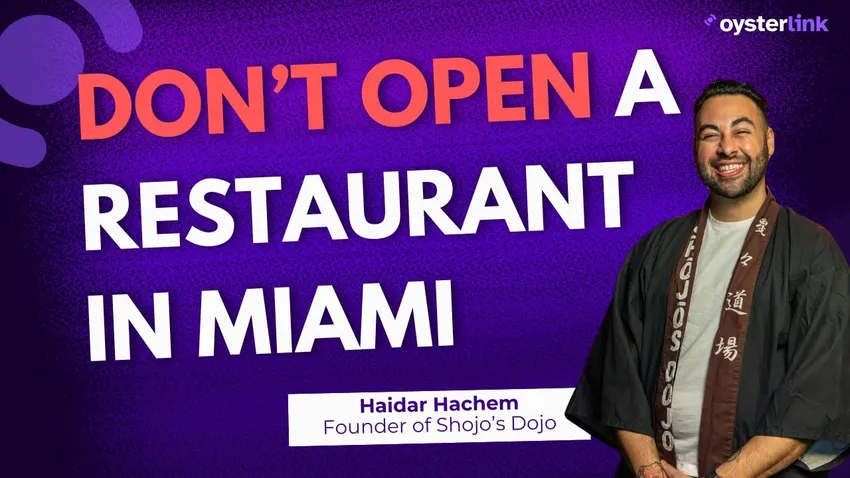
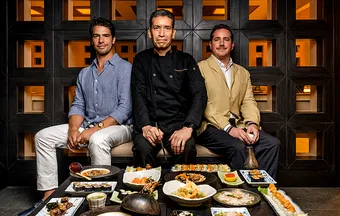
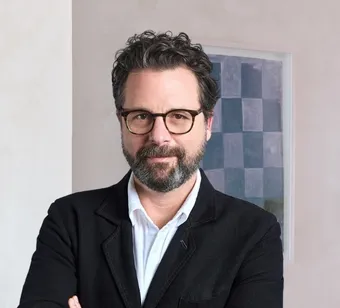
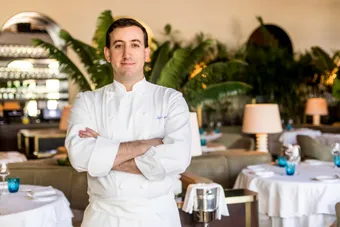
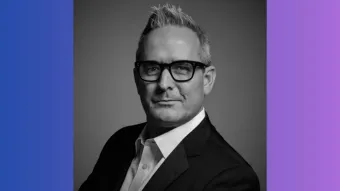
Loading comments...